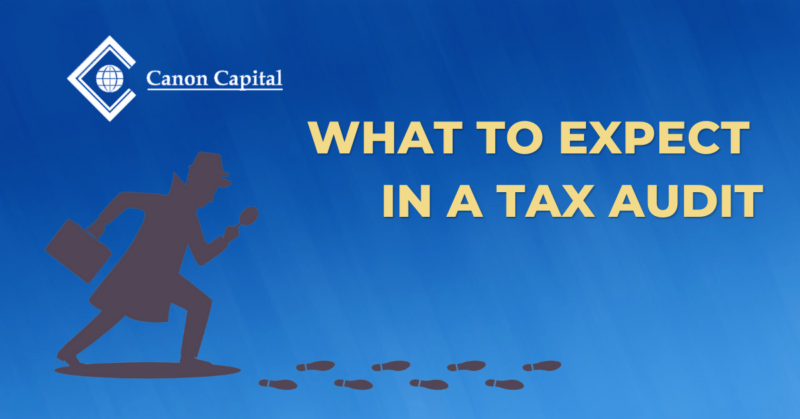As 2023 unfolds, we are already seeing a slight uptick in federal corporate and small business tax return audits. Audits, or exams as they’re known within the accounting world, can come from the federal, state, local, or municipal level. In all instances, the burden of proof lies on the taxpayer.
We recently presented a webinar on the topic, which you can view here:
Highlights of the webinar include:
How Federal Tax Returns Are Selected for An Audit
The IRS uses several elements to determine whether to audit a tax return, including:
- Computer Scoring
- Participants in tax avoidance transactions
- Information Matching
- Related Exams
- Other: local compliance projects, return preparers, market segments
- Random selection
Types of Audits
If your return is selected, it will undergo one of these types of exams:
- No IRS Contact Audits
The tax returns are reviewed based solely on information already available to the IRS. - Correspondence Audits
Generally less intrusive, these exams are typically conducted via mail with minimal phone contact. - Office Audits
The IRS will obtain more information about the taxpayer using agency records and other resources, all prior to the exam, which will focus on “selected areas” of the return. - Field Audits
The most comprehensive of exams, this is performed in the field. Each line of the tax return could be reviewed, and the taxpayer will need to provide substantiation.
What to Expect in a Field Audit
This is the process followed by the IRS for a Field Audit. We recommend involving your tax preparer in this process as their expertise will be key in making sure this process goes smoothly and that you are protected.
- Notification by Mail
- Information Document Requests (IDR): this will usually accompany the notification by mail.
- Taxpayer Site Visit: this will take place at the business or residence – depending upon whether this is an audit of business or personal taxes – to make verifications of certain claims.
- Taxpayer Interview: this is generally a one-to-two-hour process, interviewing the taxpayer and their representative.
- Place of Exam: we recommend this takes place at your tax preparer’s location or at a private, neutral location.
- Proposal to Close
- Appeal, if necessary, based on the IRS agent’s findings.
It is important to know that the IRS will correspond with you by US mail. They will never contact you by phone (not initially; phone calls may happen once an exam process has begun), email, or text message.
We recommend viewing this webinar in its entirety to learn more about ways you can prepare should you ever be selected for a tax audit.
One source, many services, the right decision.
If you have more questions about what to expect in an audit or if we can be of service, please contact us online or call 215-723-4881.

